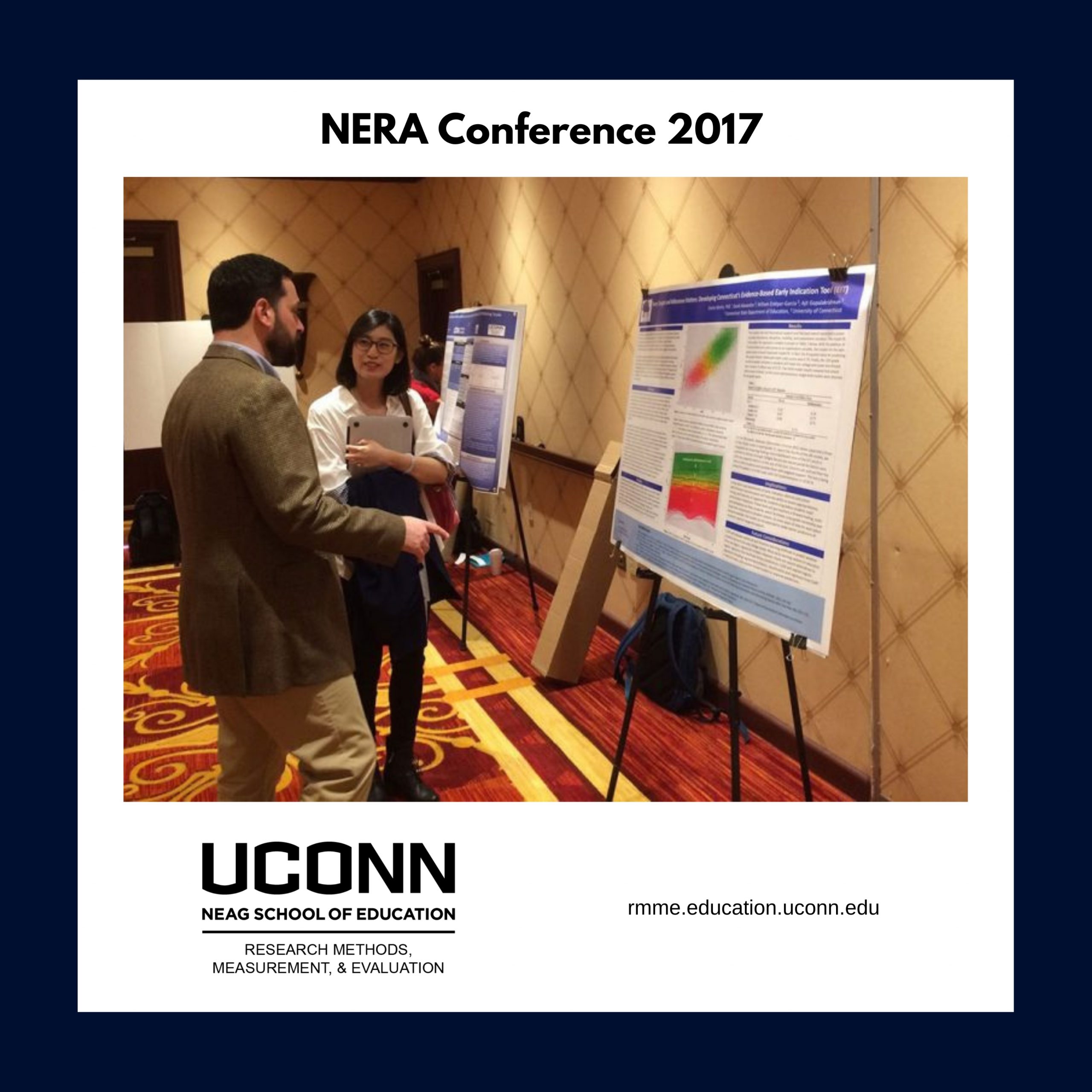The Modern Modeling Methods (M3) conference is an interdisciplinary conference designed to showcase the latest modeling methods and to present research related to these methodologies. The 8th annual M3 conference will be held May 21nd-24th, 2018 at the University of Connecticut. Keynote speakers for the 2018 conference include Dr. Susan Murphy (Harvard University), Dr. Tenko Raykov (Michigan State University) and Dr. Peter Molenaar (Pennsylvania State University). In addition, Susan Murphy and David Almirall will offer a day long pre-conference workshop on Just In Time Adaptive Interventions on Monday, May 21st. Tenko Raykov will offer a post-conference workshop on Item Response Theory: A Latent Variable Modeling Approach on Thursday, May 24th.
Submissions for the 2018 conference are due 2/1/18. We welcome both methodological research papers and papers that illustrate novel applications of methodological techniques in the area of modeling, broadly defined. Papers related to latent variable modeling, multilevel modeling, mixture modeling, longitudinal modeling, and item response theory are especially encouraged. Given the interdisciplinary focus of the conference, it is completely acceptable to present papers that have been published or presented elsewhere. Presenters may select the length of the session that they prefer: 30 minutes, 60 minutes, or 90 minutes. We also welcome proposals for multi-paper symposia on thematically grouped topics. Generally, symposia sessions are 90 minutes in length. We are also soliciting proposals for the poster session. Students are also encouraged to submit proposals, especially for the poster session.
Conference proposals for the Modern Modeling Methods conference may fall into one (or more) of four categories: Methodological Innovation, Methodological Application, Methodological Illustration, or Methodological Evaluation. Methodological Innovation proposals introduce a new technique. Methodological Evaluation proposals present the results of empirical research evaluating a methodology. Most often, these will involve simulation studies. Methodological Application proposals present the methods and results of a real research study in which the technique was used. Methodological Illustration proposals provide a pedagogical illustration of when and how to use the technique; these papers are designed to help the audience be able to implement the technique themselves.
There are three different types of presentations: Paper sessions (in which authors submit a single paper), Symposia (in which a group of authors submit a set of related talks/papers), and posters. All papers should include a 150-200 word abstract that will appear in the conference program. Methodological Research paper proposals should be no longer than 1000 words and should include purpose, background, methods, results, discussion, and significance. Methodological Illustration paper proposals should be no longer than 1,000 words and should include a description of the methodology to be illustrated as well as an outline of the paper/talk. Proposals for symposia should be include titles, authors, an abstract for the symposium, and brief descriptions/abstracts for all of the paper presentations within the symposium. Symposium proposals may be longer than 1000 words if needed, but they should be less than 2000 words. Proposals for the poster session need only submit an abstract: the 1000 word proposal is not required for poster session proposals.
Proposals for the 2018 conference are due February 1st, 2018. Notifications of presentation status will be emailed by February 19th, 2018. To submit a conference proposal, please go to MMM2018 . For more information about the 2018 Modern Modeling Methods conference, please visit http://www.modeling.uconn.edu/ .

